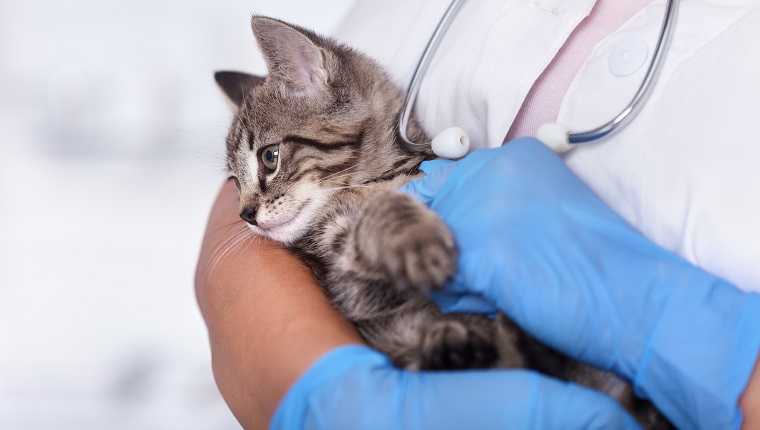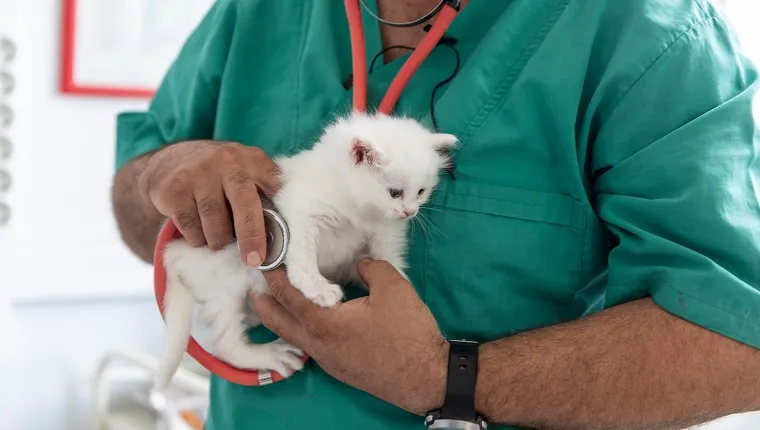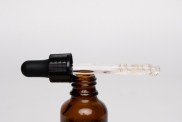Atrial septal defect in cats, also known as ASD, is a medical condition that involves a hole appearing in the septum. This defect can affect a cat’s oxygen levels and result in issues with exercising and breathing, along with producing pressure on the right side of the heart.
The condition is congenital, meaning present at birth, and cats seem to be more likely to be born with it than dogs.
If you see signs that your kitty is suffering from issues affecting their heart or breathing, then you must consult your veterinarian for a proper diagnosis and advice. Here’s what you should know about the symptoms, causes, and treatments of atrial septal defect in cats.
Symptoms Of Atrial Septal Defect In Cats
ASD in cats is a condition that can produce a wide variety of symptoms. Some of the most common symptoms include:
- Reluctance to exercise
- Heart murmurs
- Acting weak and lethargic
- Fainting
- Coughing
- Skin turning blue (known as cyanosis)
- Breathing problems
Causes Of Atrial Septal Defect In Cats

The cause of atrial septal defect in cats is unknown, but it is considered to be a congenital issue, meaning that a feline will be born with it.
Some of the factors that may increase the chance of a cat being born with the condition include:
- Exposure to chemicals during pregnancy
- Poisoning
- Malnutrition
- Bacterial infections
Veterinary Treatments
If you worry that your kitty has developed ASD, then your veterinarian will want to ask about your cat’s full medical history. They’ll conduct a physical examination, as well as comprehensive blood tests.
The use of imaging techniques including electrocardiograms and X-rays can help show any issues that are affecting the lungs.
Cats diagnosed with the condition also often require a stay in hospital to stabilize their health. Extreme cases might require surgery; although, this can be a very expensive procedure.
Vets may prescribe medication to deal with any secondary symptoms in less severe cases. As ever, if your vet prescribes your cat any medication, it’s important that you stick to the precise dosage and frequency instructions and complete the full course of medicine.
Has your cat suffered from atrial septal defect? What steps did your vet take to treat your kitty’s condition? Tell us all about it in the comments below.









